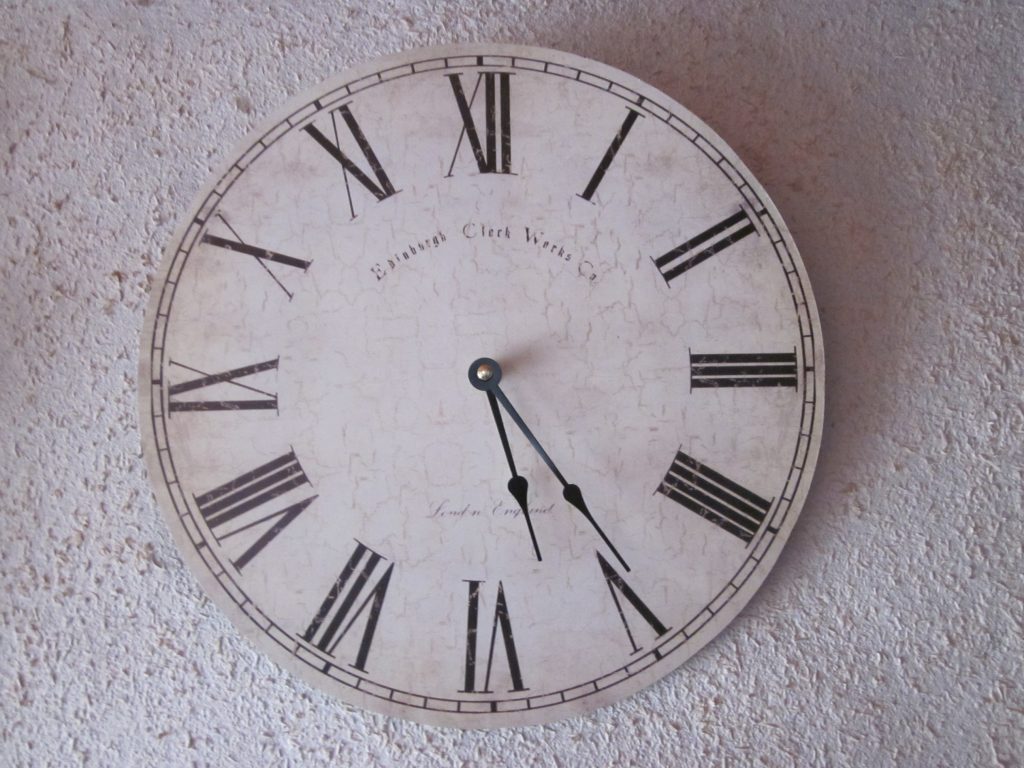 Timing is always important; however, in legal matters, it determines whether you can even bring a lawsuit to the courts. In most states, the time frame to bring lawsuits is called the statute of limitations, and in Louisiana, it is called prescription. Generally, you have one year to file a lawsuit. However, that time period can change depending on several factors. The intricacies of prescription recently resulted in dismissing a case out of the Florida Parishes.
Timing is always important; however, in legal matters, it determines whether you can even bring a lawsuit to the courts. In most states, the time frame to bring lawsuits is called the statute of limitations, and in Louisiana, it is called prescription. Generally, you have one year to file a lawsuit. However, that time period can change depending on several factors. The intricacies of prescription recently resulted in dismissing a case out of the Florida Parishes.
In 2006, Tammy L. Briggs was hired as a cook by the Florida Parishes Juvenile Detention Center. She was fired on August 19, 2014, for violating the Detention Center’s rules and procedures. Ms. Briggs filed an Equal Employment Opportunity Commission (EEOC) complaint with the Louisiana Commission on Human Rights, stating that her termination was based on racial and gender discrimination.
A year later, the EEOC sent Ms. Briggs a “Dismissal and Notice of Rights” letter, stating that, after its investigation, it could not conclude that any violation had occurred. The “Dismissal and Notice of Rights” included information saying that Ms. Briggs only had 90 days to file a lawsuit against the defendants, Florida Parishes Juvenile Justice Commission, and the Detention Center. However, she filed her lawsuit on December 8, 2015, and the defendants raised the objection of prescription by filing a peremptory exception or in the alternative, motion for summary judgment. This means that the defendants argued that the lawsuit was filed too late. Because the case was filed too late, they argued that the Twenty-First Judicial District Court for the Parish of Tangipahoa should dismiss it.
The defendants specifically argued that Ms. Briggs’ lawsuit was untimely under La. R.S. 23:303(D). This statute is known as the Louisiana Employment Discrimination Law (LEDL) and states that individuals have one year to file a lawsuit. Ms. Briggs argued that she had 18 months to file under the statute, not one year.
The District Court denied the alternative motion for summary judgment, granted the peremptory exception, and dismissed Ms. Briggs’ claim with prejudice. Ms. Briggs then appealed the decision to the Louisiana First Circuit Court of Appeal. The First Circuit found that, under the provision’s plain language, Ms. Briggs did not have 18 months to file her lawsuit.
The First Circuit stated that under the statute, the one-year prescription would be “suspended during the pendency of any administrative review or investigation.” See La. R.S. 23:303(D). La. C.C. art. 3472 states that “the period of suspension is not counted toward the accrual of prescription” and that prescription “commences to run again upon the termination of the period of suspension.” This means that under the statute, 18 months is only provided if the condition that “the pendency of any administrative review or investigation of the claim conducted by the federal Equal Employment Opportunity Commission or the Louisiana Commission on Human Rights” is met. See La. R.S. 23:303(D).
Here, the review of Ms. Briggs’ claims ended on August 19, 2015, and the time to file a lawsuit began to run again on her claims. When the prescription was suspended, she had approximately 73 days left on her one-year prescriptive period to file her lawsuit. Therefore, to be timely, Ms. Briggs had to file no later than sometime in November 2015, and her filing in December 2015 was untimely.
Because of these facts, First Circuit affirmed the District Court’s decision to dismiss Ms. Briggs’ petition.
Ms. Briggs’ case highlights the importance of having an excellent attorney who understands the intricacies and implications of prescription so that lawsuits can be filed promptly.
Additional Sources: Briggs v. Florida Parishes Juvenile Justice Commission & Detention Center
Written by Berniard Law Firm Blog Writer: Isha Shah
Additional Berniard Law Firm Articles on Louisiana Prescription: Louisiana Fourth Circuit Denies an Exception of Prescription Based on Procedural Nuances
 Louisiana Personal Injury Lawyer Blog
Louisiana Personal Injury Lawyer Blog

